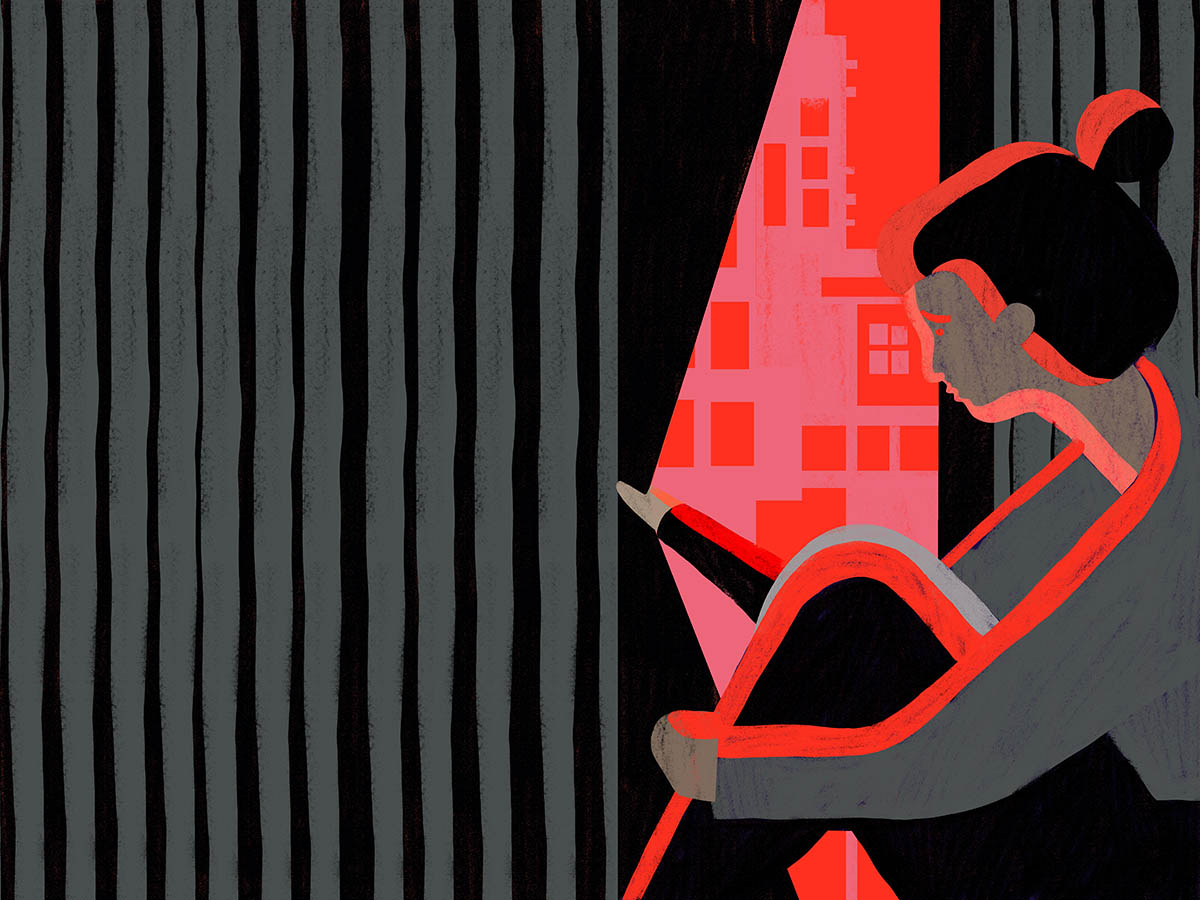In 2019, I was asked by students at Langara College in Vancouver BC to do a TEDx Talk on the work I was doing and this is what led to my presentation on the “Neuroscience of Bullying.” I was reading neuroscientific, neurobiological, medical, and psychological research about bullying and abuse in order to write my next book. I had been presenting in the US and Canada about my discoveries, insights, and concerns.
The TEDx organizers at Langara College contacted me and asked if I would present. Because I really do care about the neuroscience of bullying and abuse, I said yes.
However, I am not a performer. When I directed youth theatre, I loved being behind the scenes, writing plays, directing talented student actors. I found it hard to come out on stage even when it was time to be applauded at the end of a run of plays. I’m an introvert. I like to keep a low profile. It took everything for me to walk out on the TEDx stage and present. The only thing that gave me the courage to do the talk was because I had learned life-saving information about mental health.
I learned that we could actually protect and save children and youth from mental health disorders if we knew more about what was going on in their brains.
There is great concern about the youth mental health crisis in the US and beyond. While there is serious worry about rising rates of an epidemic of anxiety, depression, substance abuse, aggression, eating disorders, and suicidal ideation, few discuss bullying and abuse as correlated causes, and few speak about the harm done to the brain by bullying and abuse.
How can we even discuss mental health without including brain health?
At the end of my talk, my call to action is that we must start including brain health and brain imaging when we are dealing with mental health. It could save lives.
My TEDx Talk was titled “The Neuroscience of Bullying” which you can see on the screen in the actual talk, but when it arrived on Youtube I found they had changed the title. The title they chose was “Does childhood bullying have long term impacts?”
I do not refer to childhood bullying in my TEDx so the title is misleading. I do refer to personal experiences with adults who bully and abuse children, and then I put that traumatizing crisis into an arena with research. I respect research. Highly awarded neuroscientist Dr. Michael Merzenich has said that my new book, The Bullied Brain: Heal Your Scars and Restore Your Health is “scientifically the most thorough treatment of the subject on planet earth.” Why? Because I spent years reading the research.
I am academically trained to respect evidence and to draw from it in order to bring knowledge and insight to a discussion of ideas. I do not talk about childhood bullying. I focus on the research into adults who bully and abuse. Notably, many of the people who have commented on the talk also speak about adult bullying and abuse.
I discuss what happens in the brains of children and youth when they are bullied and abused by adults in powerful positions like teachers and coaches.
It’s an uncomfortable topic because as I examine in my new book, we train children from an early age in the school system to respect and obey teachers, coaches, doctors, and other adults. We do not warn them that some adults in positions of power might not be safe, might not have their best interests at heart, might harm their bodies and brains.
By speaking up about adults who abuse children, we are forced to look at our whole system that sets kids up as victims. That’s uncomfortable.
What’s exciting is that when we include neuroscience into our understanding of mental health, we are empowered, just like we are with knowing how much we can improve our own physical health by working out, eating well, and doing mindfulness. We can strengthen our own brains keeping them more resilient and healthier. We can repair our brains after the damage done by adults during our formative years. And we can better protect children’s brains.







